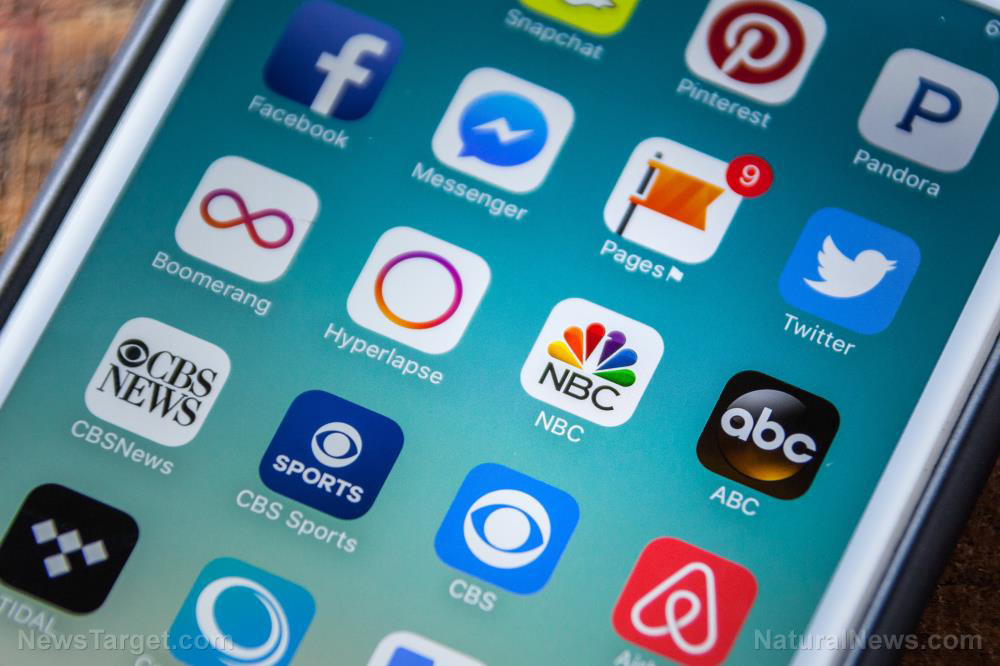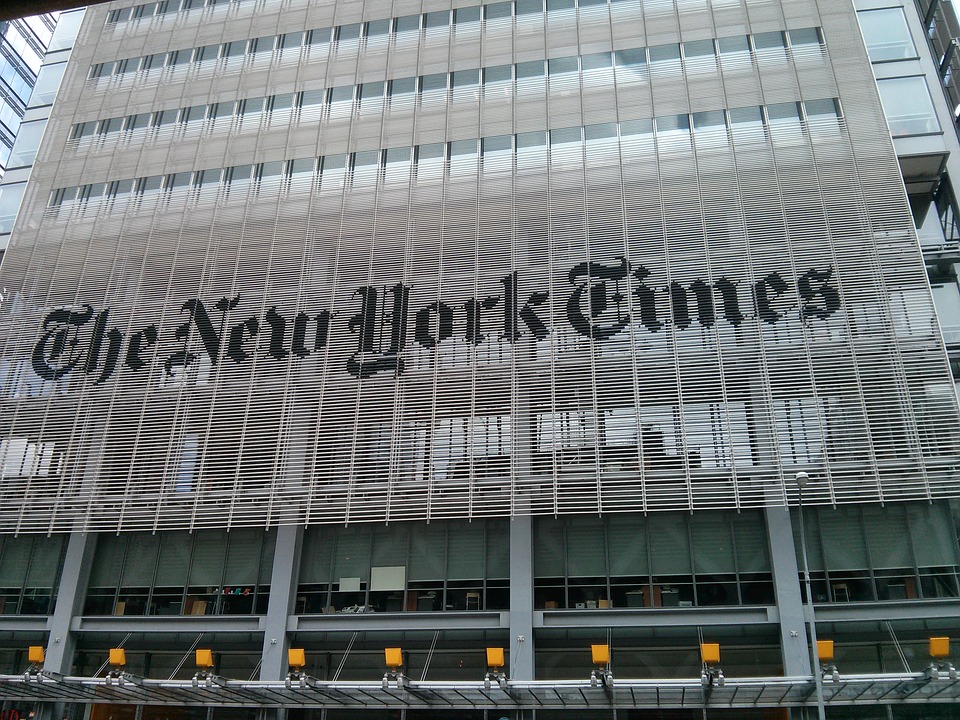Apple licks the boots of communist China, pulls 25,000 apps the communists don’t like
08/21/2018 / By Vicki Batts

Apple is facing scrutiny for acquiescing to the demands of communist China, removing some 25,000 apps from their app store. The software company has been targeted by the Chinese state government in the past for having “illegal” apps in their store, and has been accused of not doing “enough” to stop banned content from circulating on iMessage. Apple currently offers 1.8 million apps on the Chinese marketplace, and has been heavily scrutinized by the Chinese government for years.
China is known for their band of internet censors and their extreme efforts to “clean up” the internet by way of suppression — and they have rolled out some of the most severe and pervasive censorship efforts in the world.
Apple pulls illegal apps in China
According to a report from BBC, Apple has not officially confirmed that 25,000 apps were pulled from the app store in China — but the company did state “gambling apps are illegal and not allowed on the App Store in China.”
In their statement, Apple said further, “We have already removed many apps and developers for trying to distribute illegal gambling apps on our App Store, and we are vigilant in our efforts to find these and stop them from being on the App Store.”
The decision to remove the apps comes after criticisms from state broadcasters at CCTV, who accused the software firm of not taking enough action against banned material.
CCTV is also behind the initial reports that Apple had undergone a “large-scale removal of illegal apps that sold fake lottery tickets and offered gambling services.”
But it isn’t just gambling apps that China has forced Apple to remove. The Chinese government has forced the tech company to remove hundreds of virtual personal networks, or VPNs, which allow users to send emails and share data securely, as well as access websites that are banned by China.
As sources note, China has demanded Apple make a host of concessions in order to continue doing business there. And as a nation that makes up nearly one-fifth of Apple’s revenue, and also produces components for their products, the software giant definitely wants to stay in the good graces of the Chinese government.
Internet censorship around the globe
Chinese authorities have been struggling to maintain control of the internet and various platforms, and have been calling for stricter regulation of apps like Apple’s iMessage for years. In 2014, China’s Ministry of Information and Information Technology announced they’d be rolling out new regulations for iMessage to prevent “spam messages.” Now the government is calling for even tighter controls, to prevent the proliferation of prohibited content.
And as recent reports show, China is not planning to slow down on internet censorship any time soon. Recently implemented rules require online news sites to be monitored by government-approved editorial staff; workers need special reporting credentials from the government and more. Authorities have been cracking down on online forums, chat group administrators, VPNs, and have imposed a litany of other limitations on internet users of all shapes and sizes.
China is not the only nation with a censorship problem: Here in the United States, we’ve seen a dramatic increase in internet censorship and thought suppression, at the behest of the increasingly radical left-wing. The censorship of Alex Jones and other conservatives here in the “Land of the Free” is deeply troubling. Are we going the same way as China?
For the latest updates and more coverage of stories about the control of information, check out Censored.news.
Sources for this article include:
Tagged Under: Apple, apps, banned apps, Censorship, China, communism, Communists, computing, economics, ethics, finance, Glitch, illegal apps, mobile devices, political bias, prinicples, Software, tech, thought suppression, Tyranny
RECENT NEWS & ARTICLES
COPYRIGHT © 2017 GLITCH.NEWS
All content posted on this site is protected under Free Speech. Glitch.news is not responsible for content written by contributing authors. The information on this site is provided for educational and entertainment purposes only. It is not intended as a substitute for professional advice of any kind. Glitch.news assumes no responsibility for the use or misuse of this material. All trademarks, registered trademarks and service marks mentioned on this site are the property of their respective owners.




















